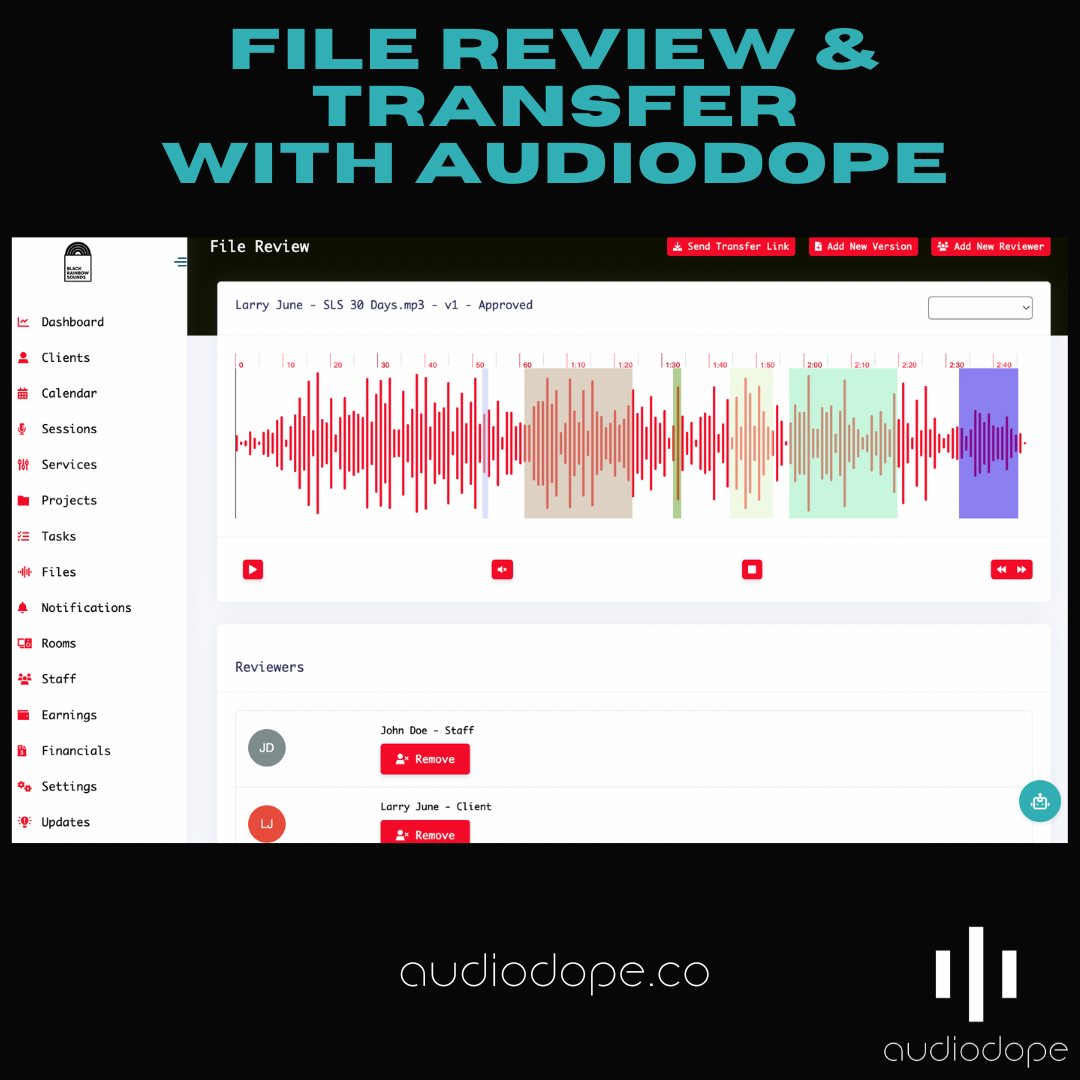Key Tips on File Management in the Recording Studio

As a professional in the recording studio, one of the most crucial aspects of your work is efficient file management. Proper organization and management of your hard drives are essential for maximizing efficiency and maintaining a smooth workflow. In this ultimate guide, I will take you through the various steps and best practices to help you optimize your hard drive management in the recording studio.
Importance of efficient file organization
Efficient file organization is paramount in the recording studio. With numerous files, ranging from audio recordings to project files, it can quickly become overwhelming if you don't have a proper system in place.
By implementing a well-structured file organization system, you can save valuable time searching for specific files, streamline your workflow, and avoid the frustration of misplacing or losing important recordings.
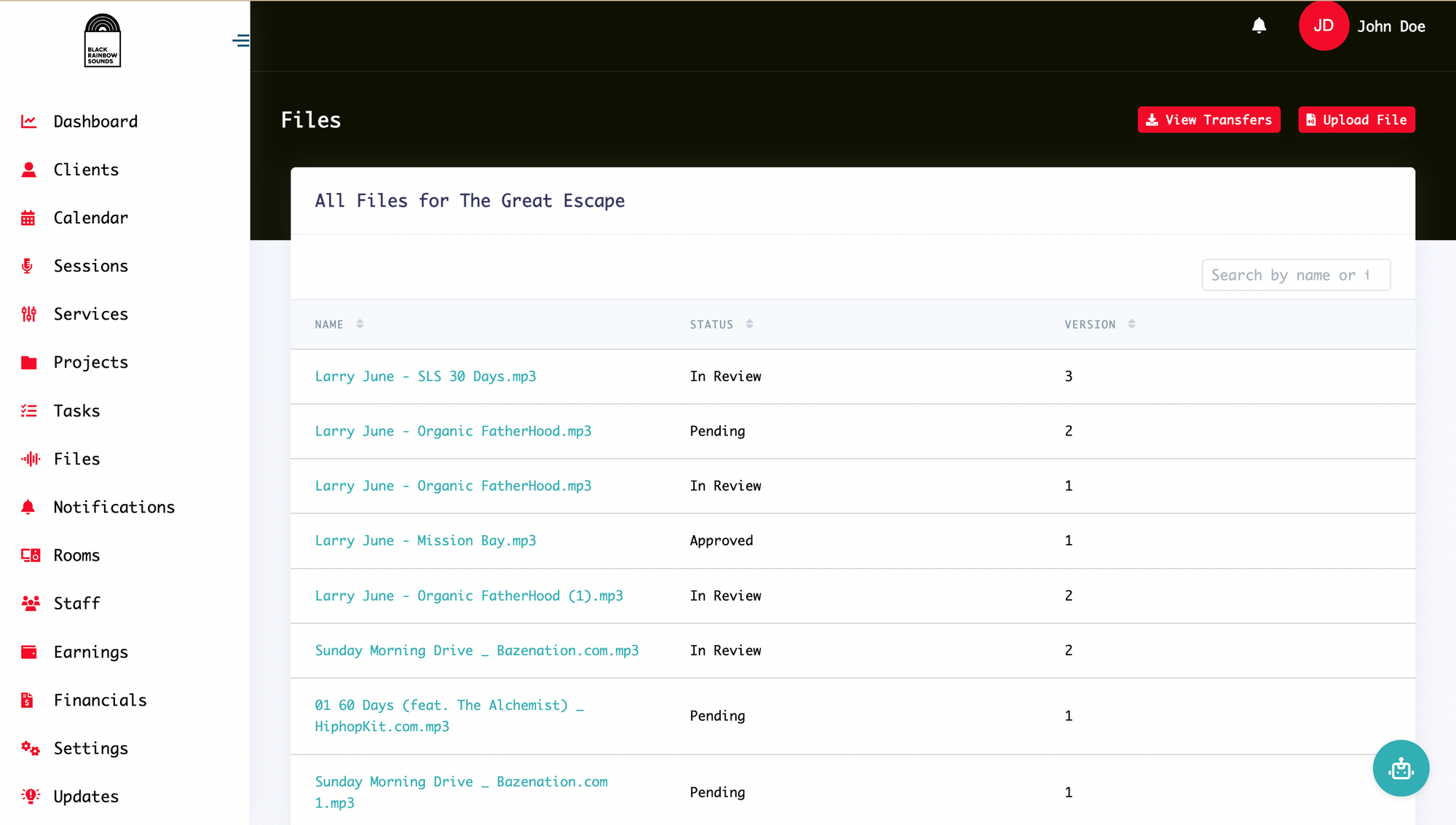
Common challenges with File Management
Managing hard drives in the recording studio comes with its fair share of challenges. One of the primary challenges is the sheer volume of files that accumulate over time.
It can be easy to lose track of files, especially when multiple projects are in progress simultaneously. Additionally, compatibility issues between different operating systems and software versions can lead to file corruption or loss.
To overcome these challenges, it is crucial to establish a robust system for organizing and backing up your studio files. This will not only prevent the loss of your hard work but also ensure a seamless transition between projects and collaborations.
Choosing the right hard drive for your recording studio
When it comes to hard drives for your recording studio, not all are created equal. To ensure optimal performance and reliability, it is essential to choose the right hard drive. Consider factors such as storage capacity, data transfer speed, and durability.
Solid-state drives (SSDs) are becoming increasingly popular due to their fast read and write speeds. They are ideal for storing project files and software, allowing for quick access and smooth playback. On the other hand, traditional hard disk drives (HDDs) offer larger storage capacities at a lower cost, making them suitable for archiving completed projects and storing large audio files.
Setting up a file structure for easy navigation
A well-structured file system is the backbone of efficient hard drive management. By organizing your files in a logical and hierarchical manner, you can easily locate specific files when needed.
Start by creating a main folder for your recording studio and then divide it into subfolders based on categories such as projects, clients, and reference materials.
Within each project folder, create additional subfolders for different components, such as audio recordings, MIDI files, and project backups. This hierarchical structure will enable you to navigate through your files effortlessly, saving you time and frustration.
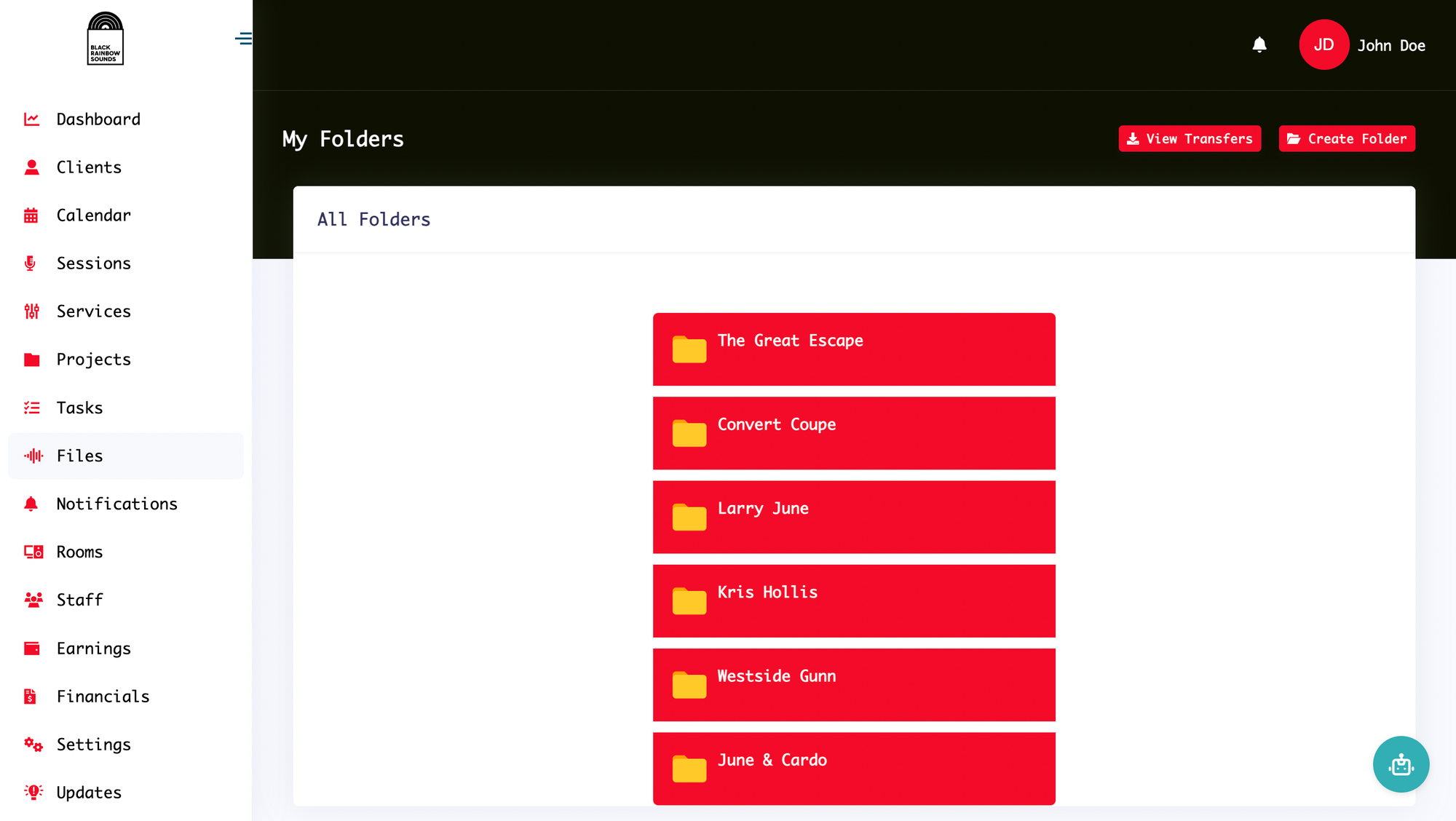
Best practices for naming and organizing files
In addition to setting up a logical file structure, it is equally important to adopt best practices for naming and organizing your files. Consistent and descriptive file names will make it easier to locate specific files in the future. Include relevant information such as the project name, date, and version number in the file name.
Furthermore, consider using a standardized naming convention for your files to ensure consistency across different projects. This can include abbreviations or codes for different categories, such as "V" for vocals, "BG" for background music, and "FX" for sound effects. By following these best practices, you will eliminate confusion and save time when searching for specific files.
Backing up and archiving studio files
Backing up and archiving your studio files is crucial for safeguarding your hard work and ensuring long-term accessibility. Implement a regular backup schedule using reliable backup software or cloud storage services. This will protect your files in the event of hardware failure or accidental deletion.
Additionally, create an archiving system for completed projects or files that are no longer actively used. This will free up valuable space on your working hard drives while preserving your past work for future reference. Consider using external hard drives or network-attached storage (NAS) devices for archiving purposes, ensuring that your files are easily accessible when needed.
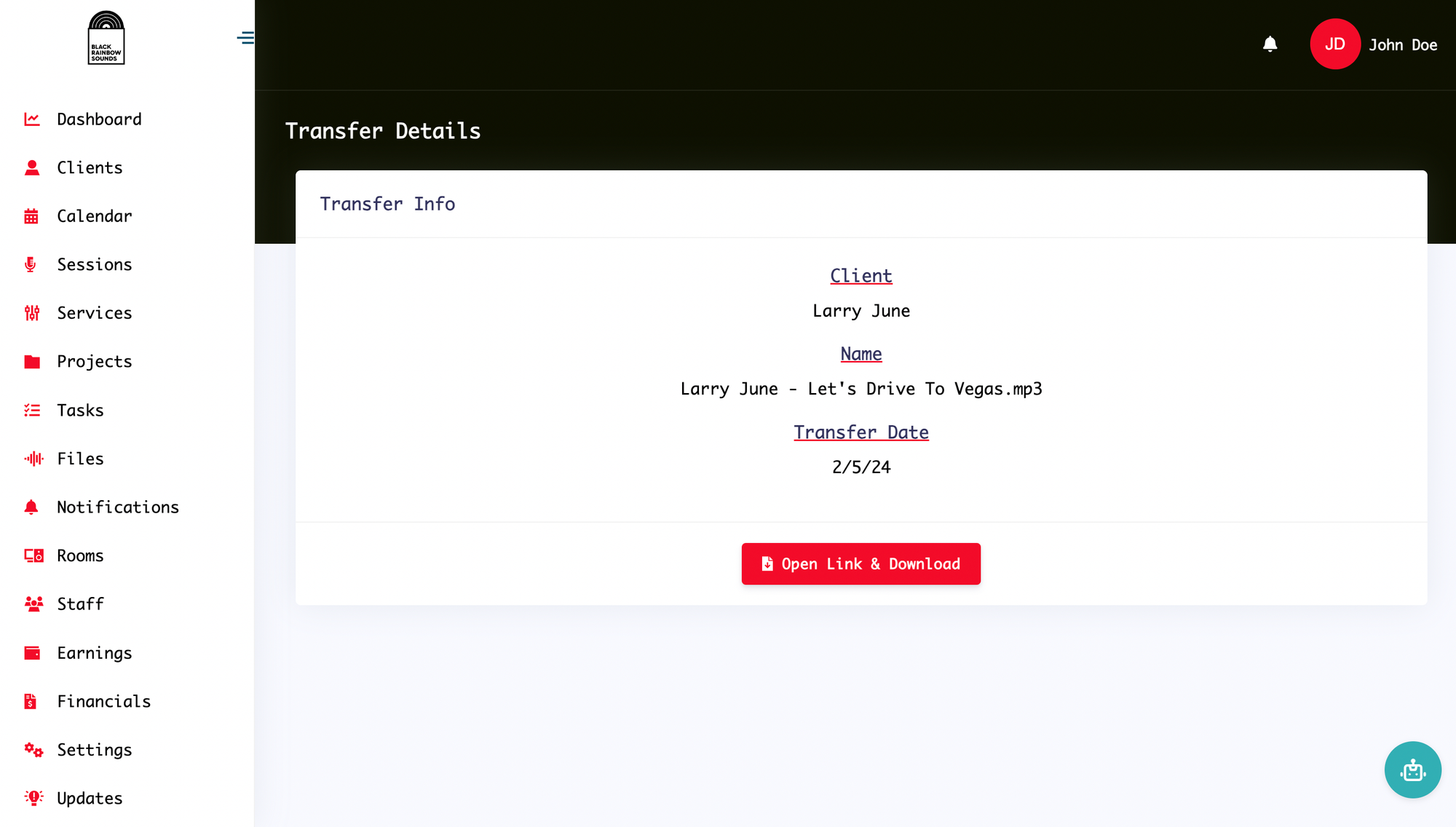
Optimizing your MacBook for efficient hard drive management
If you are using a MacBook in your recording studio, there are several optimizations you can make to enhance hard drive management. Start by regularly updating your macOS and software applications to ensure compatibility and security. This will prevent potential issues and keep your system running smoothly.
Additionally, consider enabling the built-in FileVault encryption feature to protect your studio files from unauthorized access. This will encrypt your hard drive, making it nearly impossible for anyone to access your files without the encryption key.
Tools and software for hard drive management in the recording studio
Numerous tools and software applications are available to assist with hard drive management in the recording studio. One popular option is dedicated file management software, such as Adobe Bridge or Apple Finder. These tools provide advanced search and organization capabilities, making it easier to locate and manage your studio files.
Furthermore, consider using file synchronization software, such as Dropbox or Google Drive, or AudioDope, which integrates with both providers for seamless collaboration and file sharing with clients or collaborators. These cloud-based solutions allow for real-time updates and version control, ensuring that everyone is working with the latest files.
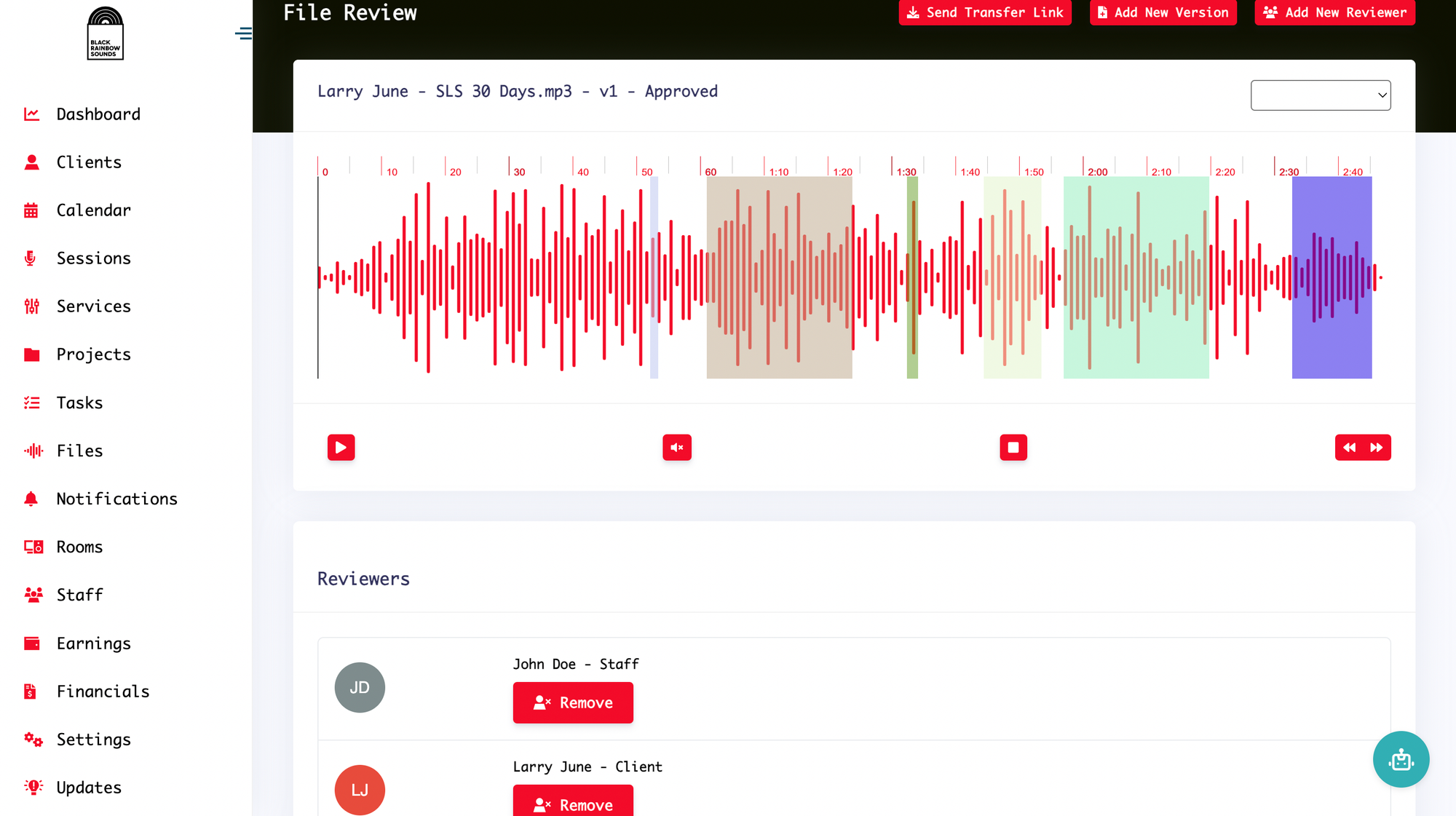
Troubleshooting common issues with hard drives
Despite our best efforts, issues with hard drives can still arise in the recording studio. Common problems include data corruption, slow performance, and physical damage. If you encounter any of these issues, it is essential to troubleshoot them promptly to prevent further damage or loss of data.
Start by running disk utility software to check for errors and repair any corrupted files. If your hard drive is running slow, consider freeing up disk space by deleting unnecessary files or transferring them to an external storage device. In case of physical damage, consult a professional data recovery service to salvage your files.
Conclusion: The key to maximizing efficiency and organization in your recording studio
Efficient file management is the key to maximizing efficiency and organization in your recording studio.
By implementing a well-structured file system, adopting best practices for file naming and organization, and utilizing tools and software for management, you can streamline your workflow and ensure the long-term accessibility of your studio files.
Remember to regularly back up and archive your files and troubleshoot any issues promptly. With these strategies in place, you can focus on what you do best – creating exceptional music and mixing masterpieces.
